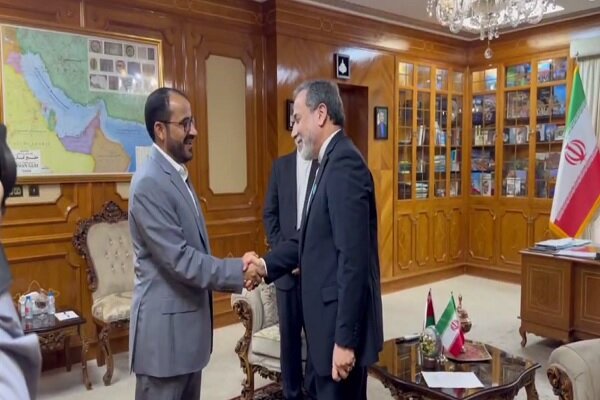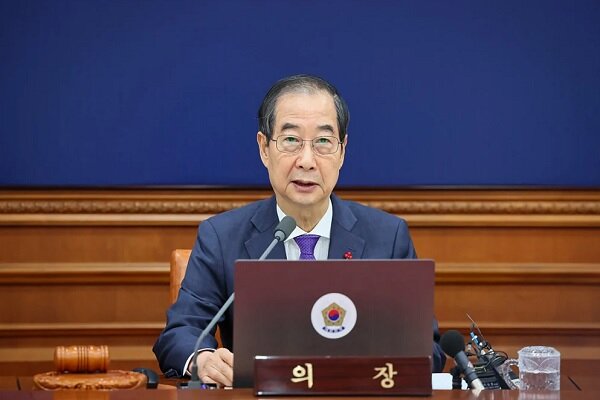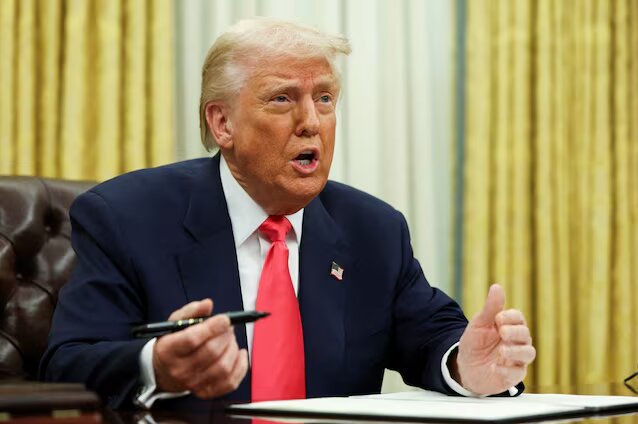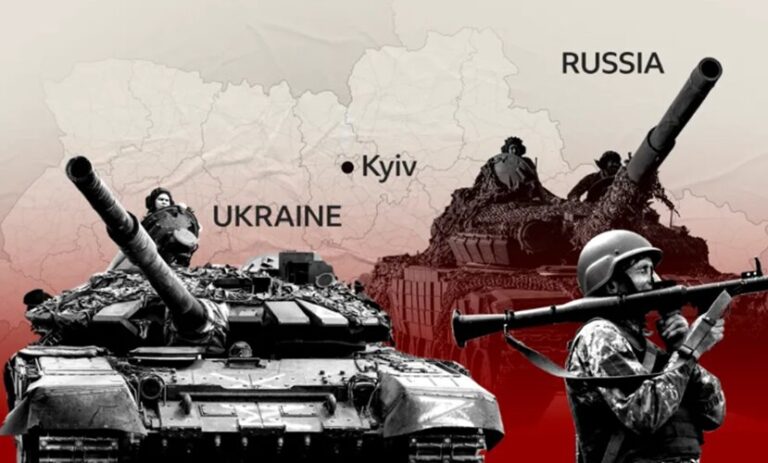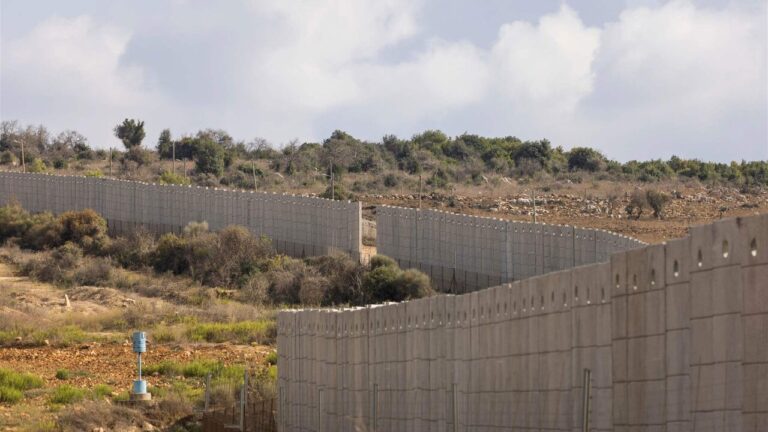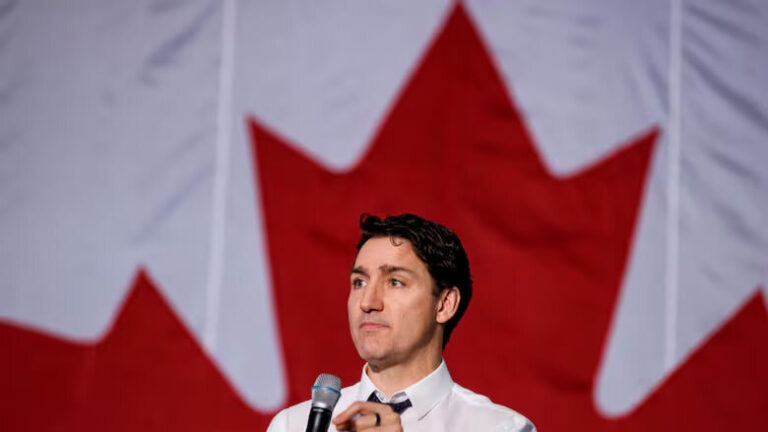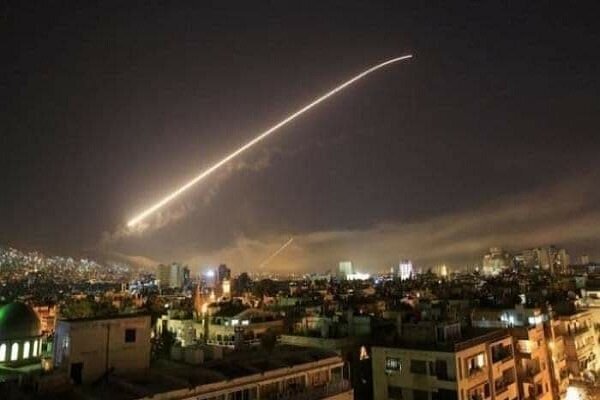Exclusive Video: Araghchi Engages in Key Talks with Yemeni Negotiator
In a significant diplomatic engagement, Iranian Foreign Minister Abbas Araghchi met with Mohammed Abdul-Salam, the spokesperson for Yemen’s Ansarullah Movement and chief negotiator, on February 17 in Muscat, Oman. This meeting underscores the ongoing efforts to address the complex issues surrounding the Yemeni conflict and Iran’s role in the region.
The discussions took place amid a backdrop of heightened tensions in Yemen, where the humanitarian crisis has reached alarming levels. Both parties recognized the urgency of finding a peaceful resolution to the ongoing conflict and emphasized the need for dialogue and cooperation.
- Location of Meeting: Muscat, Oman
- Date: February 17
- Key Participants: Abbas Araghchi and Mohammed Abdul-Salam
The Yemeni conflict has been a focal point of international concern, with various actors involved in seeking a resolution. The Iranian Foreign Minister’s visit signifies Iran’s commitment to supporting its allies in Yemen while engaging in constructive dialogue with other stakeholders.
During the meeting, Araghchi and Abdul-Salam discussed several critical issues, including:
- The Humanitarian Situation: The dire humanitarian crisis in Yemen, where millions are facing starvation and lack of medical care, was a primary concern. Both leaders acknowledged that immediate action is needed to alleviate the suffering of the Yemeni people.
- Political Solutions: The necessity for a comprehensive political solution to the conflict was emphasized. This includes the involvement of various factions and international entities in the peace process.
- Regional Stability: The discussion highlighted the importance of regional stability and the role that Yemen plays in the broader Middle Eastern context. Both officials agreed that a stable Yemen is crucial for peace in the region.
This meeting comes at a time when the international community is also looking for ways to mediate and facilitate a peace agreement in Yemen. The involvement of Iran, a key player in the region, could potentially influence the dynamics of the negotiations.
Moreover, the Iranian Foreign Minister reiterated Iran’s unwavering support for the Yemeni people and their right to self-determination. He underscored that any resolution must respect the sovereignty of Yemen and be led by its people without foreign interference.
The Ansarullah Movement, which represents a significant faction in Yemen, has been at the forefront of the conflict against the Saudi-led coalition and other groups. Abdul-Salam’s role as the chief negotiator positions him as a crucial figure in the ongoing peace talks, making this meeting particularly noteworthy.
As the discussions progressed, both Araghchi and Abdul-Salam expressed optimism about the potential for renewed talks aimed at ending the conflict. They acknowledged that while challenges remain, the commitment to dialogue is a positive step forward.
Furthermore, the meeting highlights the broader implications of the Yemeni conflict on regional alliances and geopolitical dynamics. Iran’s involvement is often viewed through the lens of its rivalry with Saudi Arabia, making the outcome of these discussions critical for the future of the Middle East.
In summary, the meeting between Iranian Foreign Minister Abbas Araghchi and Mohammed Abdul-Salam in Muscat, Oman, represents a pivotal moment in the search for peace in Yemen. By addressing humanitarian concerns, political solutions, and regional stability, both leaders are taking steps toward fostering a dialogue that could ultimately lead to a resolution of the ongoing conflict.
As the situation develops, the international community will be keeping a close watch on the outcomes of these discussions and the potential shifts in the landscape of Yemeni politics. The commitment to dialogue and cooperation between Iran and the Ansarullah Movement could serve as a foundation for future negotiations, fostering hope for a peaceful resolution to one of the most pressing crises in the region.
